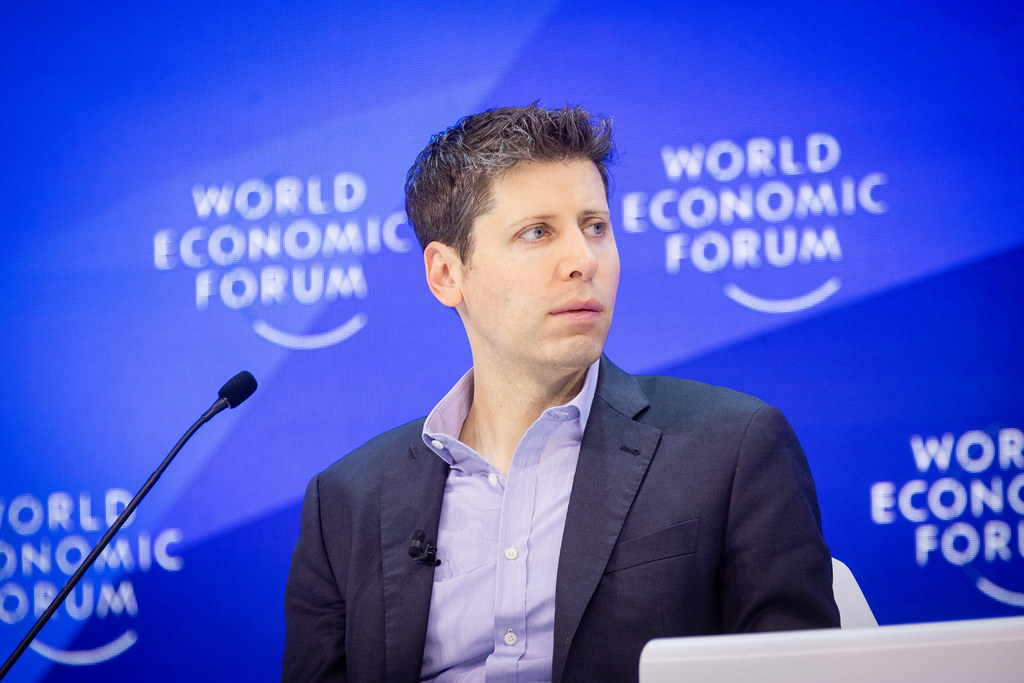
OpenAI CEO Sam Altman believes artificial intelligence is in a bubble. Speaking to reporters last week, he said that while AI is one of the most important developments in recent history, investors may be getting carried away.
“When bubbles happen, smart people get overexcited about a kernel of truth,” Altman noted, comparing the situation to past market frenzies.
Altman drew parallels between today’s AI excitement and the dot-com bubble of the late 1990s, which ended in a market crash after many internet companies failed to generate sustainable revenue. The Nasdaq lost nearly 80% of its value between 2000 and 2002.
Growing Concerns From Analysts
Altman’s comments add to mounting warnings from business leaders. Alibaba’s Joe Tsai, Bridgewater Associates’ Ray Dalio, and Apollo Global Management’s Torsten Slok have all cautioned about excessive enthusiasm.
Slok argued last month that today’s AI surge may be larger than the internet bubble, pointing to valuations of the top 10 S&P 500 companies as evidence.
Not all analysts agree. Ray Wang of Constellation Research told CNBC that while Altman’s warning carries some truth, the overall AI and semiconductor markets remain strong. Wang noted that long-term fundamentals justify investment, though speculative capital is flooding into weaker companies with little more than potential.
Trigger Points for Bubble Fears
Bubble fears intensified earlier this year when Chinese start-up DeepSeek claimed it trained an advanced reasoning model for under $6 million. The cost was a fraction of what U.S. leaders like OpenAI are spending, though the claims faced skepticism.
At the same time, OpenAI itself remains unprofitable even as its annual recurring revenue is projected to pass $20 billion this year. The company has also faced criticism of its new GPT-5 release, prompting it to restore GPT-4 access for some paying users.
Altman has also expressed caution about expectations for artificial general intelligence (AGI). When asked if GPT-5 was a step toward AGI, he suggested the term is losing relevance, despite OpenAI’s long-term ambitions in that area.
Strong Investor Confidence
Despite warnings, investors continue to back OpenAI. The company is preparing a $6 billion secondary stock sale that would value it around $500 billion, after raising $40 billion earlier this year at a $300 billion valuation.
Altman has also hinted at ambitious expansion into hardware, brain-computer interfaces, and social platforms. He expects OpenAI to spend trillions of dollars on data centers and even suggested the company could be interested in acquiring Chrome if regulators forced Google to sell.
When asked about his future role at OpenAI, Altman responded, “I mean, maybe an AI is in three years. That’s a long time.”
What The Author Thinks
The AI market feels like it is moving in two directions at once—solid long-term demand on one side and frothy speculation on the other. The companies building real products and infrastructure will likely thrive, but investors chasing hype could easily get burned. The bubble may not pop all at once, but small cracks will show up first in firms that can’t deliver.
Featured image credit: World Economic Forum via Flickr
For more stories like it, click the +Follow button at the top of this page to follow us.
